Publications
Articles, publications, books, tools and multimedia features from the U.S. Institute of Peace provide the latest news, analysis, research findings, practitioner guides and reports, all related to the conflict zones and issues that are at the center of the Institute’s work to prevent and reduce violent conflict.
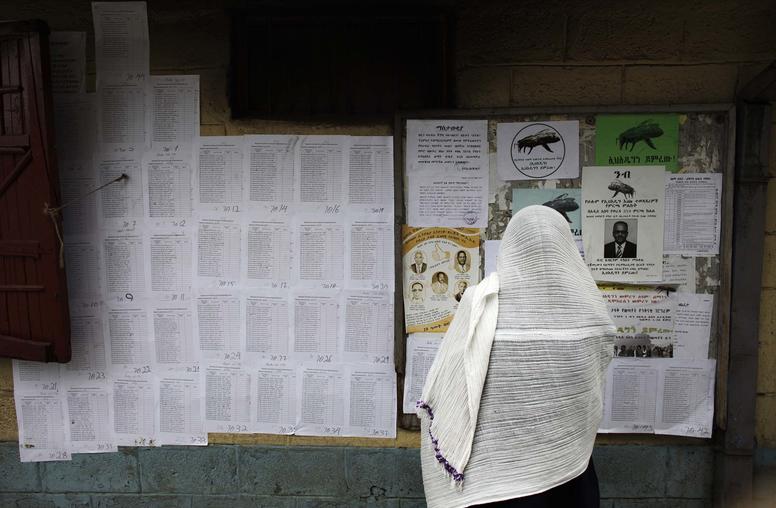
Ethiopia: Contemplating Elections and the Prospects for Peaceful Reform
Ethiopia is approaching parliamentary elections on June 5. This will be the first vote since the process of reform launched in 2018 by Prime Minister Abiy Ahmed, and the stakes are extremely high. Elections to the next national parliament, the House of People's Representatives, may determine future decisions about the structure of the country and consolidate the ruling party’s power. While the short-term outlook for the vote is unlikely to change, the election may offer opportunities to support political dialogue which could sustain important reforms and decrease polarization.
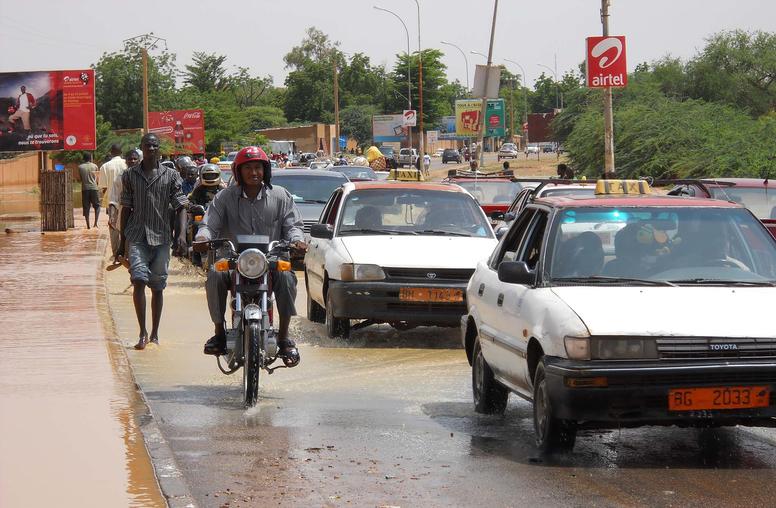
Despite Post-Election Violence, Niger Achieves Democratic Breakthrough
Niger’s presidential election has ushered in the West African nation’s first-ever democratic transition of power. As some international observers have heralded the success of these elections, accusations of irregularities have led to massive protests and government repression, including a 10-day internet shutdown. Hundreds of people have been arrested in the capital, Niamey, while police have clashed with protesters in several other cities. USIP’s Nourdine Harouna Abdou explains what happened in the first- and second-round votes and what the elections mean for peace and security in Niger.
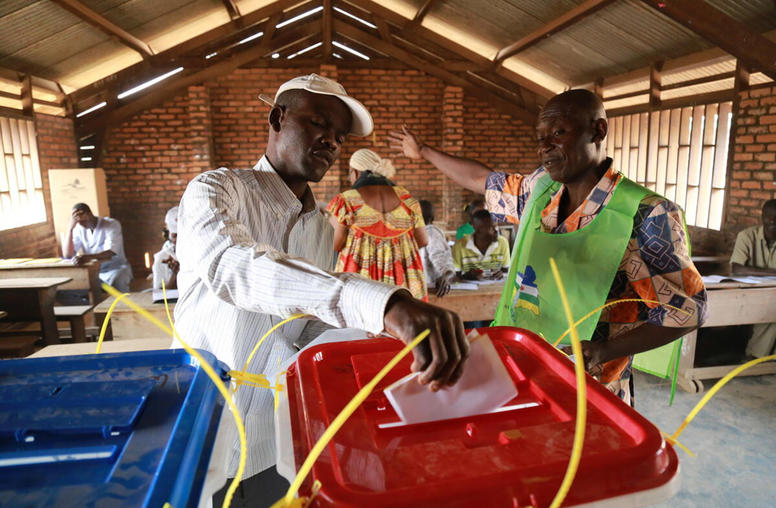
Central African Republic’s Disputed Elections Exacerbate Rising Tensions
After an election period marked by violence and rising tension, the Central African Republic’s (CAR) incumbent president, Faustin Archange Touadéra, has been re-elected, according to the country’s election commission. Days before the vote, a disparate medley of armed groups coalesced to demand the vote be postponed. Since the polls’ closing, there has been a serious spike in violence with fighting in many major towns. The political opposition as well as the newly formed armed coalition have rejected the results and have demanded a re-run election. USIP’s Elizabeth Murray and Rachel Sullivan explain what led to rising violence in the weeks before the polls, what it means for the floundering 2019 peace agreement, and where the international community stands.
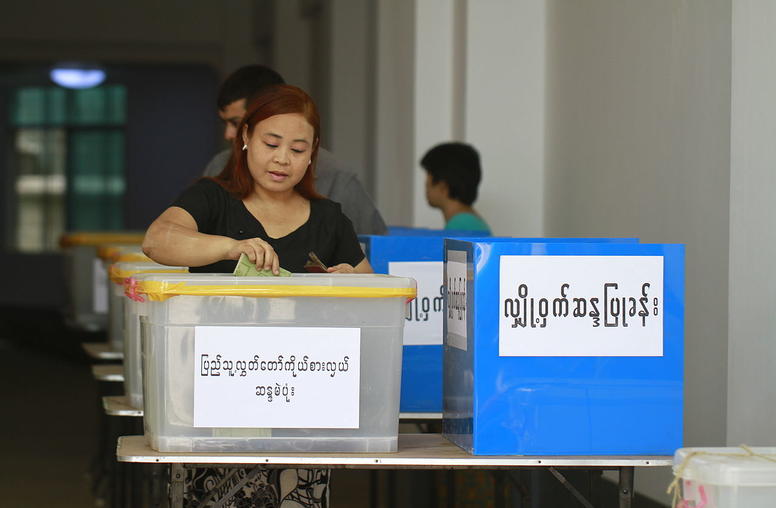
Myanmar Elections 2020: Ethnic Tensions and a Military Hand
The ruling National League for Democracy (NLD) is expected to win Myanmar’s general elections on November 8, but the 2020 race is much more hotly contested than 2015. The growing political frustration of the country’s non-Burma ethnic nationalities is fueling insurgencies and the military-affiliated Union Solidarity and Development Party, and its armed forces patrons, are criticizing the government and attacking the country’s feeble electoral institutions. The way Myanmar’s ethnic nationalities experience the process will have major implications for peacemaking efforts moving forward.
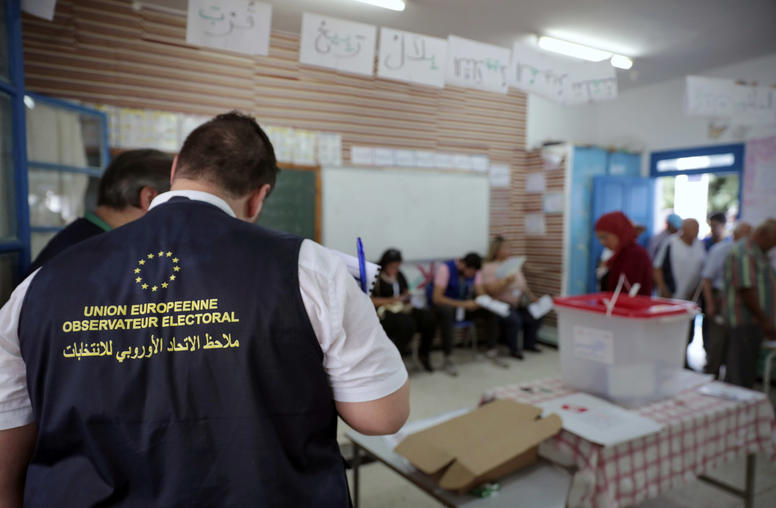
Violence Prevention through Election Observation
For many years, election-related violence has posed a serious threat to the integrity of electoral processes worldwide. To prevent or minimize such violence, the international community has often relied upon election observation missions, which incorporate an extended on-the-ground presence and proactive mediation by international and domestic actors. This report discusses the challenge observer missions face in confronting election violence, and suggests how preventive efforts can be enhanced through improved, multi-mandate observation practices.
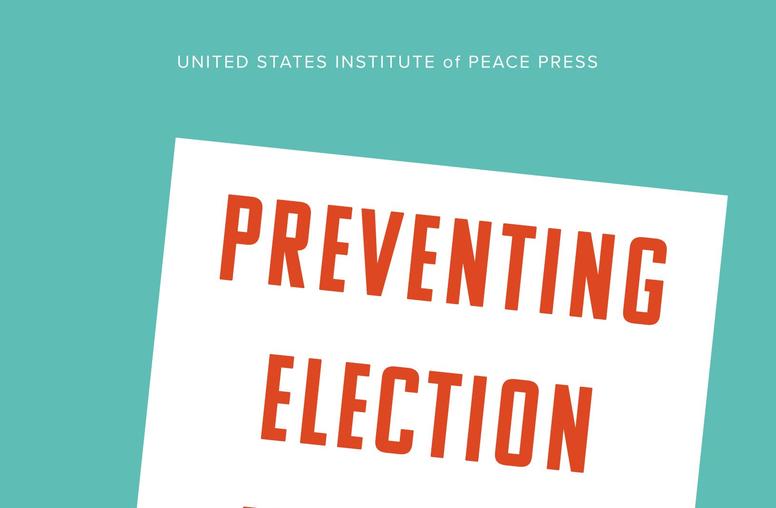
Preventing Election Violence Through Diplomacy
Focusing on three case studies in Africa, this book analyzes the utility of diplomacy in preventing election violence. After defining and identifying the key dimensions of preventive diplomacy to prevent or reduce election violence, it looks at presidential elections between 2006 and 2017 in the Democratic Republic of the Congo, Kenya, and Nigeria. Drawing on personal experience, the literature, case study reviews, and expert interviews and roundtables with academics and practitioners, the book highlights conditions for the success and the failure of preventive diplomacy, offering recommendations to the international community for maximizing the efficacy of this unique tool.

Scott Worden on Afghan Elections and the Peace Process
A week and a half after Afghan presidential polls, the results remain unclear. But, we do know that turnout was historically low, largely due to dire security conditions. Meanwhile, with the peace process stalled, USIP’s Scott Worden says the upsurge in U.S. military operations against the Taliban is a “pressure tactic, not a victory strategy.”
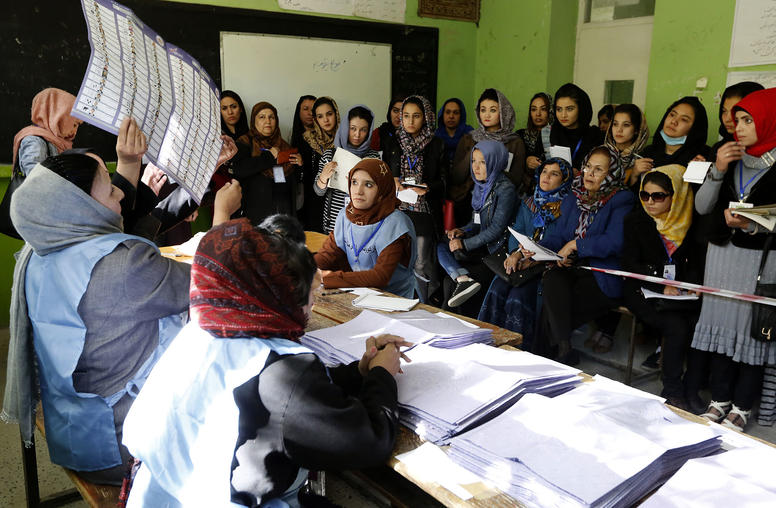
What to Watch for in Afghanistan’s Presidential Election
After several delays, Afghans will finally head to the polls on Saturday to elect their next president. The election comes amid an indefinite stall in the year-long U.S.-Taliban negotiations following the cancellation of a high-level summit earlier in the month. There has been a debate over the sequencing of elections and the peace process for months, but the vote will move ahead this weekend. As with all post-2001 Afghan elections, security risks and the potential for fraud and abuse loom over these polls. USIP’s Scott Worden and Colin Cookman look at how insecurity will impact the legitimacy of the vote and what measures have been taken to combat electoral mismanagement and fraud.
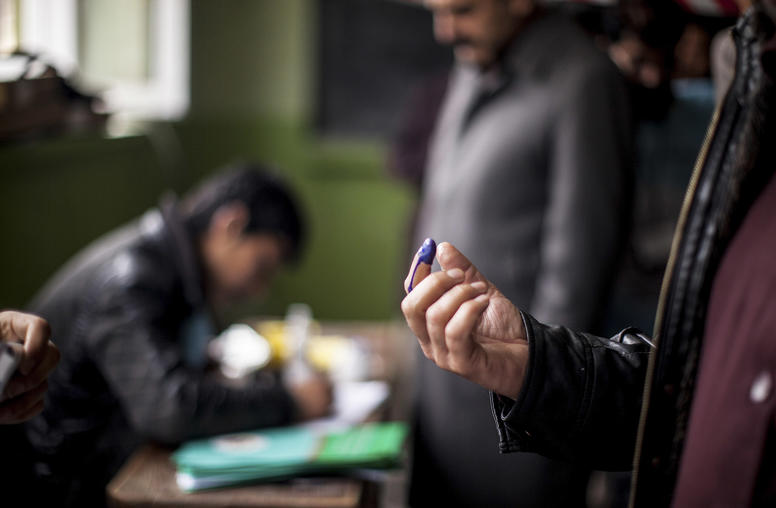
Walking a Fine Line: Holding Elections Amid Peace Processes
Elections that are organized amid a peace process can either destabilize or pacify a conflict. The vote can put significant pressure on a peace accord, as Colombia is experiencing today, or it can integrate formerly warring parties into the political process, as in Nepal’s 2008 Constituent Assembly elections. The timing of elections in relation to peace processes, as well as the inclusivity of the process itself, are critical in determining whether peace or conflict prevails at the polls.
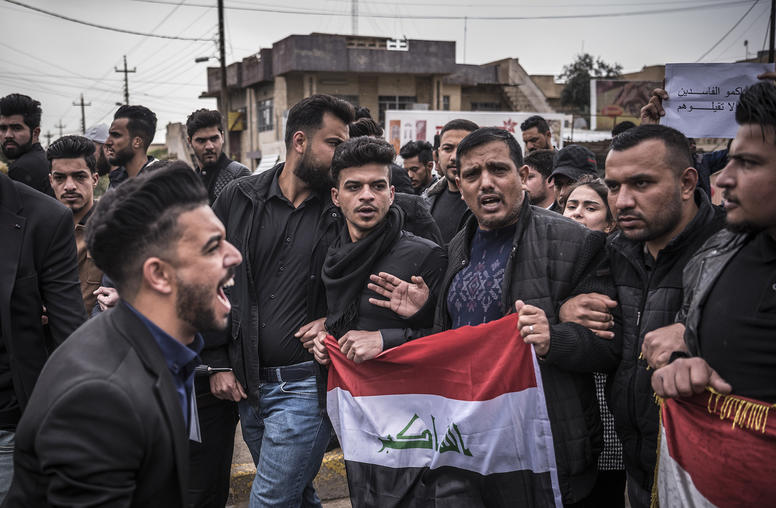
Iraq’s Democratic Imperative: Getting Provincial Elections Right
Iraq’s landmark 2018 national elections—the first since the military defeat of ISIS—presented an opportunity for a much-needed course correction for the country’s sclerotic political process. Unfortunately, that opportunity was not seized properly. The vote was marred by claims of widespread fraud, low voter turnout, a delayed results announcement and a protracted government formation process.